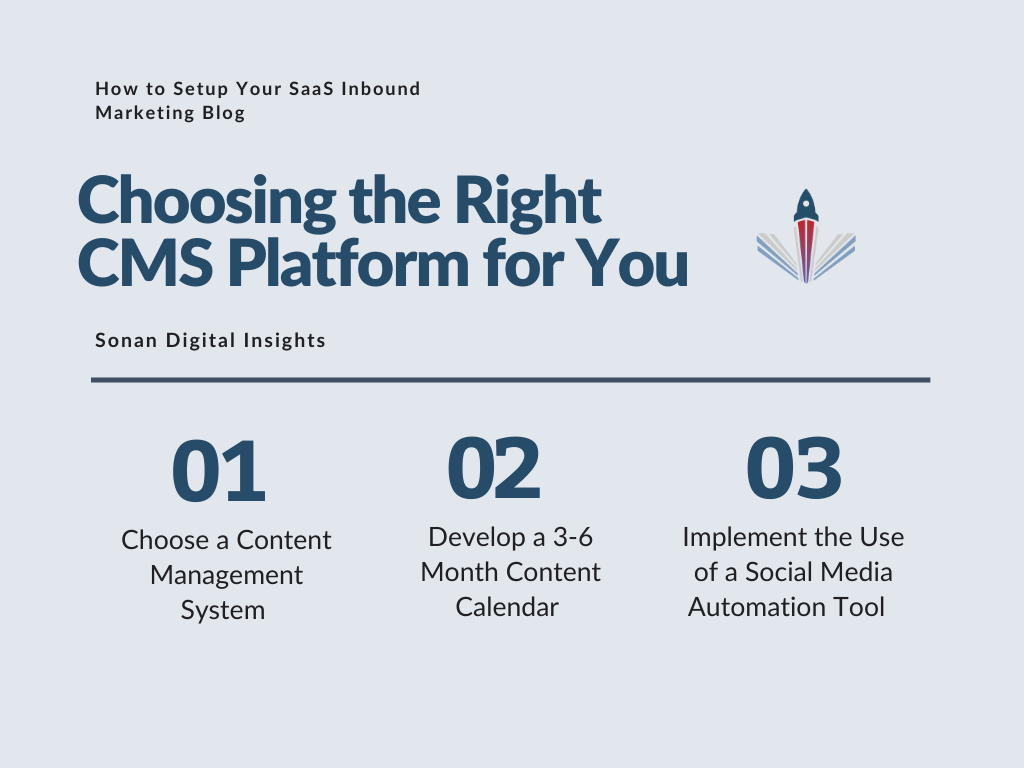In today’s online world there are two leading ways to represent your business. Both websites and e-commerce stores can help you educate prospective customers and generate demand for your product or service. Oftentimes, the nature of your business will decide what option is right for you. If you are selling products or services that are customizable in nature, a website is most likely the better option. However, if there is a degree of standardization in your offerings you may be able to save time and increase sales through the use of an e-commerce platform. We dive into the details of both options below.
Websites – Easy to Start & Manage
For the purposes of this post, we will assume that a website does not have the ability to automatically take payments for products or services. Instead, a website is often a static page that displays information. A website can also include dynamic content such as a social media feed or blog posts. This is a great choice if you are not interested in selling a product or service online directly.
A website is not intended to generate a sale directly but instead, aims to educate and connect with the visitor in a different way. The goals of a website can range from having the visitor call or email you, or even having them book an appointment with you. Many modern websites can automatically take leads generated through a contact form and input them into a CRM such as HubSpot as well.
Often times websites are most cost effective to setup and require less ongoing maintenance. You can rely on a Content Management System such as WordPress to update your site. This can include things such as adding new information, pages, or blog post with ease.
E-Commerce Stores – Automatically Drive Sales
On the other hand, E-Commerce stores allow you to directly take payments and often process orders within a single platform. Platforms such as WooCommerce or Shopify make it easy to update product details, change pricing and respond to customers’ orders. Furthermore, you can also use Shopify to directly list your product on other channels such as Facebook or Google Shopping. Beyond this, E-Commerce platforms allow you to handle aspects such as shipping, product reviews, and other aspects in a single portal.
E-Commerce stores often require additional effort to set up compared to websites and take additional time and cost to manage. The benefits can quickly outweigh the costs however, as customers will be much more willing to buy something through a site directly rather than having to call in to place an order. Simply put, by reducing any roadblocks the buyer faces, you can greatly improve your chances of landing a sale.
E-Commerce Store or Website?
We hope that you found this comparison useful. If you need help deciding on a platform or launching your online store, be sure to contact the Sonan Digital team today and we’ll be happy to build either a website or e-commerce store for you.
-1024x320.png)



![B2B Website Best Practices: [5 Tips to Improve Conversions]](https://sonan.ca/wp-content/uploads/2021/10/Blog-post-proposals.png)
